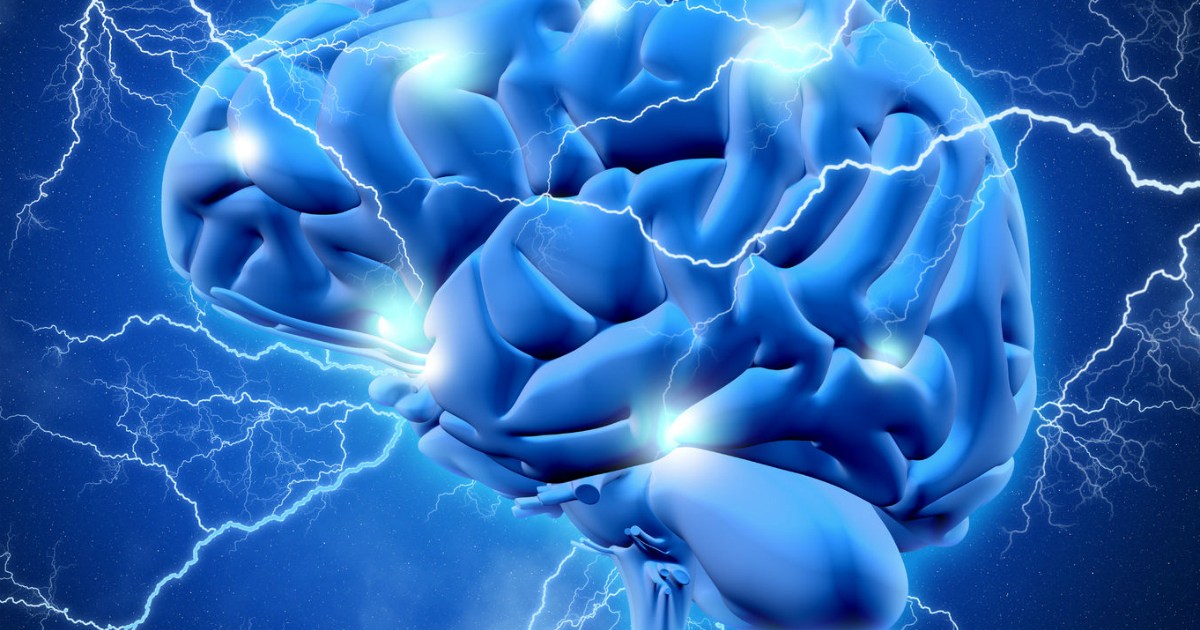Three years after Neuralink showed footage of a monkey playing Pong using signals delivered via a brain implant, the Elon Musk-backed company has shared another video, this time of a human using the same technology to play chess on a computer.
Neuralink live streamed the remarkable demonstration (below) on social media on Wednesday.
https://t.co/OMIeGGjYtG
— Neuralink (@neuralink) March 20, 2024
It features 29-year-old quadriplegic Noland Arbaugh, who recently became the first human patient to have Neuralink’s device implanted in his brain. He was released from hospital the day after receiving the implant, and said the surgical procedure to insert electrodes into his brain tissue was “super easy.”
While clearly delighted with his new abilities — he described the first time he moved the cursor just by thinking about it as “a wild experience” — the volunteer admitted that they’d “run into some issues” along the way, but said he’d not suffered any cognitive impairments as a result of the trial.
Arbaugh, who became paralyzed from the neck down following a diving accident nearly a decade ago, added: “I don’t want people to think that this is the end of the journey. There’s a lot of work to be done, but it has already changed my life.”
Soon after the device was implanted earlier this year, Musk, who co-founded Neuralink in 2016, posted on social media: “The first human received an implant from Neuralink yesterday and is recovering well,” adding that “initial results show promising neuron spike detection,” which is necessary for commands to travel from the brain to the body.
The company said previously that a robot would be deployed to place the implant’s “ultra-fine and flexible threads in a region of the brain that controls movement intention,” and that once in place, the implant is “cosmetically invisible and is intended to record and transmit brain signals wirelessly to an app that decodes movement intention.”
Neuralink is developing its brain-computer interface in the hope of helping people with severe paralysis to control devices through thought. A number of other companies are working on similar technologies.
In characteristic fashion, Musk has also claimed that the implant could one day equip humans with “superhuman cognition.”
Editors’ Recommendations


